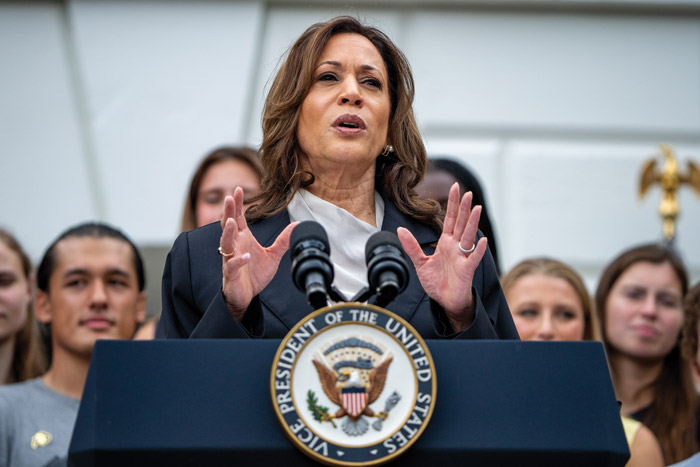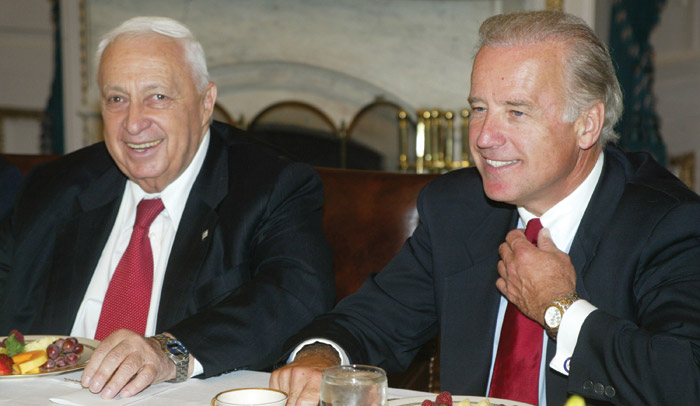If you google Israel's coalition, you'll easily discover that the most common word associated with it these days is “shaky”. Israel has a large yet shaky coalition. And today, as the Knesset begins a day of important discussions and votes over budgetary issues, it will look even shakier. Israel has a coalition in which very few players want an early election – the polls do not look promising for most members of the coalition – and yet they might have them anyway. It has a coalition that can hardly justify the call for an early election, and yet, the coalition’s members already have to quickly master the arguments and excuses with which they will attempt to sway the electorate. It has a political playing field in which one can hardly find a suitable substitute for the leadership of Prime Minister Netanyahu, and yet, the desire to replace him with someone else is fast spreading.
Israel's coalition was forced on Netanyahu following the last election. An analysis I wrote right after the election got the headline Voters to Netanyahu: Get New Friends. But Netanyahu would not listen – he got a new coalition, but it is not a coalition of friends. And that is not only his fault. Early on, the over-eager newcomer Yair Lapid announced that in the next election he intends to replace Netanyahu, not exactly the kind of statement that would make the PM easy with his presence in the coalition. Early on it was clear that the contentious personal relations between Netanyahu and another powerful newcomer, Naftali Bennett, will not be easily overcome. Early on it was clear that the PM of Israel – a lonely position to begin with – is lonelier than ever in this coalition.
Lonelier than ever – meaning more suspicious than ever. Netanyahu has to watch his back, he has to make sure that no member of his coalition becomes powerful and popular enough to be a threat. Hence, the schooling of Finance Minister Lapid – Lapid learned the hard way that being popular in one election is easier than maintaining popularity once in power. Hence, the frequent clashes with Bennett. Hence, the tricks aimed at keeping the Haredi parties happy. Lapid and Bennett forced Netanyahu to form a coalition without the Haredis, but Netanyahu never had any intention to burn the bridges between his party – Likud – and its long-time political partner. The Haredis can be a pain for a coalition in making demands that aren't very popular with the public, but they have one great advantage – they do not aspire to replace a Prime Minister that is willing to play ball and make their small dreams of special assistance and additional funds come true.
That is the big picture that makes the smaller picture so murky: we don't know if what we have now is a fierce yet temporary crisis over the budget (the vote over the budget is always a time of high stake political brinkmanship), or a crisis severe enough to kill the current coalition and force Israel into an earlier-than-expected election.
Netanyahu has many of the cards and he is the one who has to make a decision: if the humiliation of finance Minister Lapid becomes unbearable, Lapid will have no choice but to quit, even if the polls don't give him much reason to do such a thing (9 expected seats instead of the 19 he has today). If Netanyahu insists on keeping up the battle with Justice Minister Livni over legislation – as he did yesterday – she'll eventually have no choice but to quit, even if it isn't clear that she has a political future beyond the current coalition (she'd probably have to merge her party with either Labor or Yesh Atid).
The details of different debates can be somewhat interesting (or enraging). Netanyahu was right all along when he was unenthusiastic about Lapid's proposed “zero-VAT” plan for housing. And he is wrong to push through a lofty “nationality bill“. And he is acting responsibly with regard to the Temple Mount, but not always as responsibly when it comes to maintaining proper relations with the Obama administration.
These are all details that obscure rather than clarify the big political picture: the political calculations this time have little to do with great debates over policy – and a lot to do with, well, politics. Netanyahu, like all politicians, needs to gamble on his political future at the right moment, when the rival is weakest and the chance for success in the next election is highest. He wants to do it when no other candidate is seen as a potential PM, and wants to do it when the public debate is about the topics that make him look better (building in Jerusalem rather than social justice), and wants to do it when he can convince the voters that the early election was not “his” fault but rather the fault of others.
Is it time then? Yesterday, Netanyahu's face suddenly appeared on our TV screens during a soccer game between Israel's national team and Bosnia (great game, important victory). That could be a sign that elections are coming. Or a warning sign to all coalition partners that Netanyahu is ready, and that they shouldn't test his resolve. That is the problem with a game of brinkmanship: the chips don't always fall where the players intend them to fall.






















 More news and opinions than at a Shabbat dinner, right in your inbox.
More news and opinions than at a Shabbat dinner, right in your inbox.